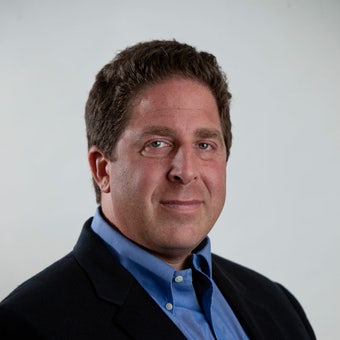Supreme Court to hear cases regarding college admissions based on race
U.S. Commission on Civil Rights Commissioner Peter Kirsonow discusses race being a factor in the college admission process on ‘Fox News @ Night.’
The Supreme Court recently announced it will be taking up two cases, charging Harvard University and the University of North Carolina with illegally using racial preferences to admit students.
Here’s hoping the Court’s conservative majority puts an end to a half century of race-based preferences in college admissions. That kind of victory, though, is only the first step to addressing the ways in which college admissions stifle opportunity today. It’s time to also bring down the curtain on legacy and wealth-based admissions.
OPINION: SUPREME COURT CAN END RACIAL PREFERENCES WITH HARVARD AND UNC ADMISSIONS CASES
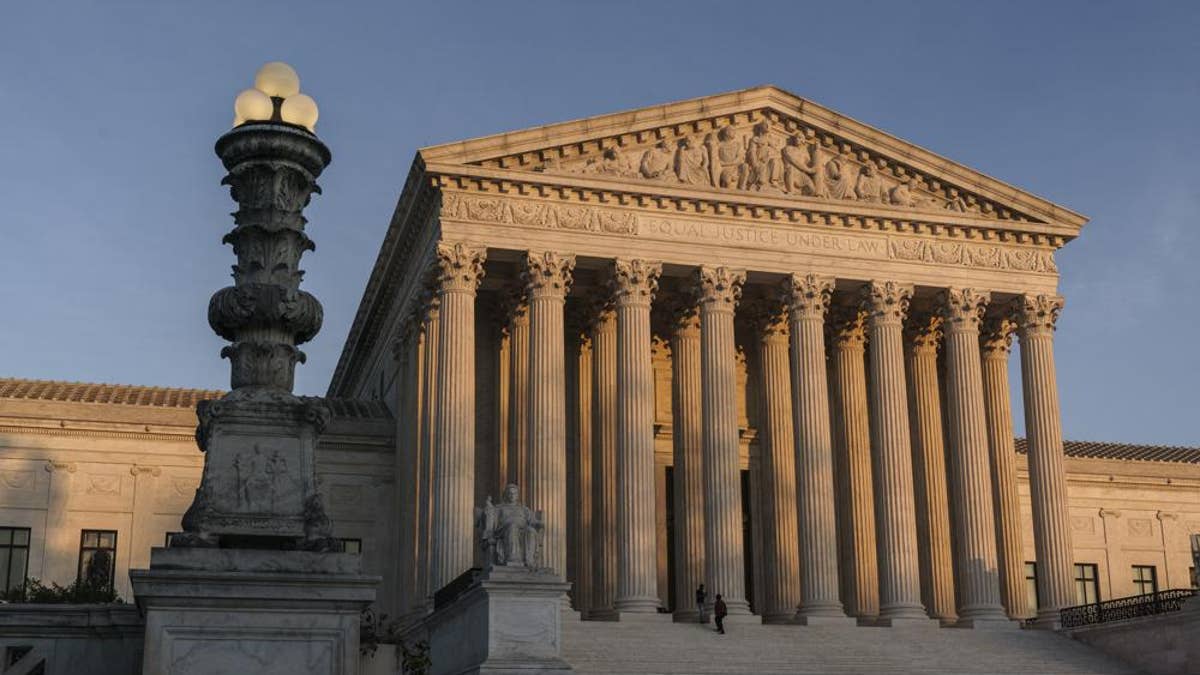
(AP Photo/J. Scott Applewhite, File)
Of course, the first step in ensuring that college admissions promote equal opportunity is to ensure that students are judged as individuals based on their own efforts. But that’s not what’s happening on too many campuses.
At Harvard, just 12.7 percent of Asian students in the top academic decile are accepted, compared to 56.1 percent of their similarly accomplished black peers. This is primarily due to the poor personal ratings Harvard’s interviewers consistently assign to Asian applicants (based on subjective factors such as whether they are likable or "widely respected").
The court briefs make clear the dehumanizing, troubling way that race-based preferences work in practice. The UNC case surfaced online messages from college admissions staff which said things like, "I just opened a brown girl who’s an 810 [SAT]," "I am reading an Am. Ind.," and "I don’t think I can admit or defer this brown girl."
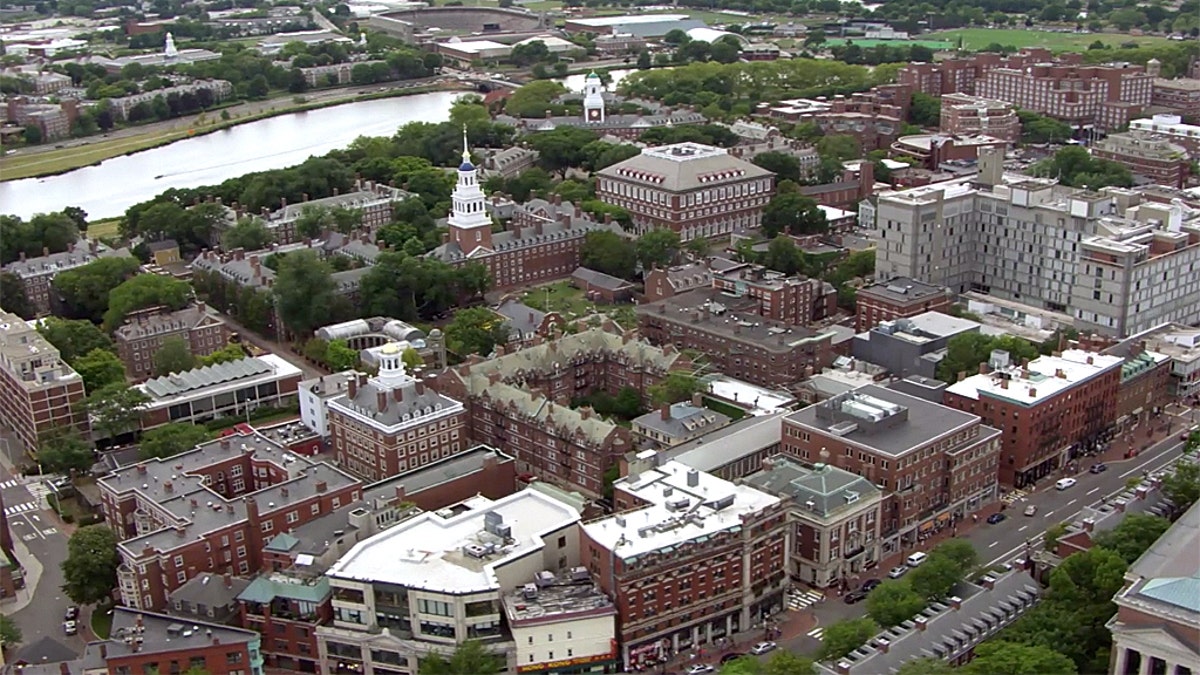
In 2003’s landmark Grutter v. Bollinger, the Court ruled that racial preferences were permissible if "narrowly tailored" and gave every applicant individualized consideration. However, in the decision, the late Justice Sandra Day O’Connor also wrote for the majority that, "Race-conscious admissions policies must be limited in time." She added, "[The] Court expects that 25 years from now, the use of racial preferences will no longer be necessary to further the interest approved today."
Well, two decades on, it’s time for the Court to decide whether the law of the land means what it says. Title VI of the 1964 Civil Rights Act states: "No person in the United States shall, on the ground of race, color, or national origin, be excluded from participation in, be denied the benefits of, or be subjected to discrimination under any program or activity receiving Federal financial assistance." Harvard and UNC pocket federal funds. What they’re doing is illegal as well as immoral. The Court should rule accordingly.
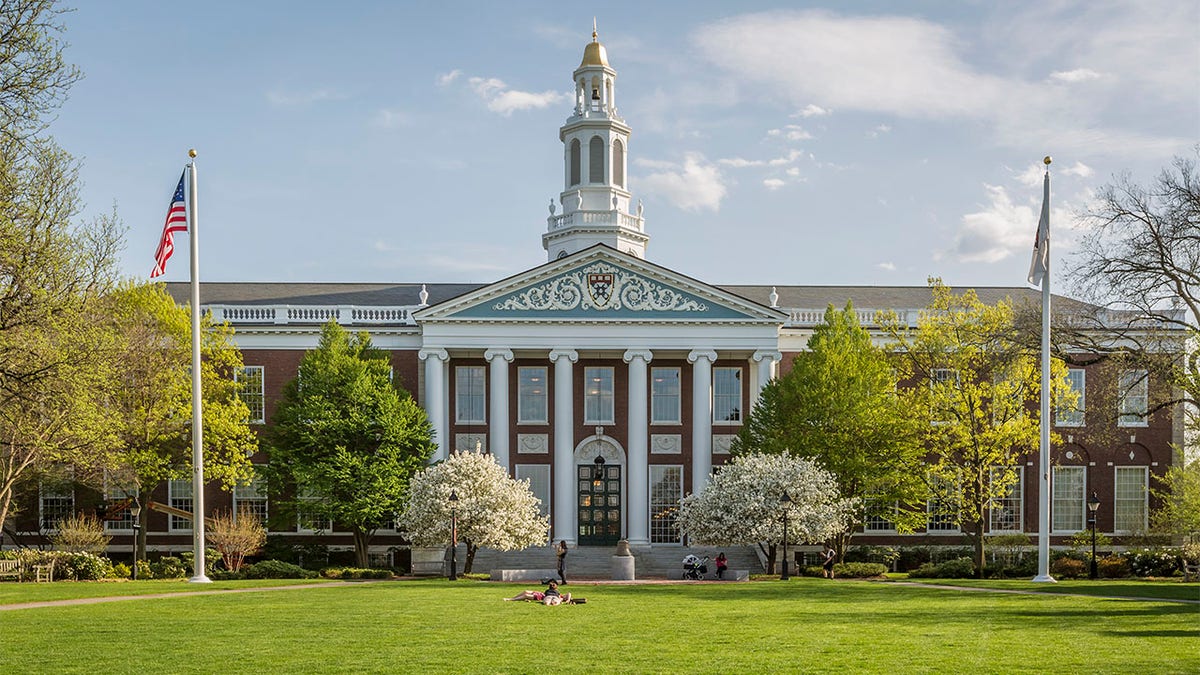
CAMBRIDGE, USA - APRIL 2, 2018: view of the historic architecture of the famous Harvard University in Cambridge, Massachusetts, USA. (iStock)
But race-based preferences aren’t the only way colleges play favorites. Defenders of affirmative action have a point when they argue that legacy admissions give special treatment to the already-advantaged.
Harvard data, for instance, reveal that one-third of legacy applicants to Harvard were admitted between 2014 and 2019—or more than five times the overall acceptance rate of six percent. Those preferences should go away too.
There’s no good reason that applicants to Harvard, UNC, or anywhere else should get a leg up just because their mom or granddad went there. If that makes it tougher for college officials to fundraise, such is life. No one said fairness is easy.
It’s also time for college officials to stop padding college coffers by selling seats to the kids and grandkids of wealthy donors. At Harvard, connections to a big donor boost a student’s chances of admission by a factor of nine.
CLICK HERE TO GET THE OPINION NEWSLETTER
The Harvard lawsuit has revealed just how campus bureaucrats wind up operating as shakedown artists. In one telling note, a high-ranking campus official noted that the family of one applicant, who had given Harvard $8.7 million, had fallen on hard times. He lamented, "I don’t see a significant opportunity for further major gifts," before adding that there was "an art collection which conceivably could come our way."
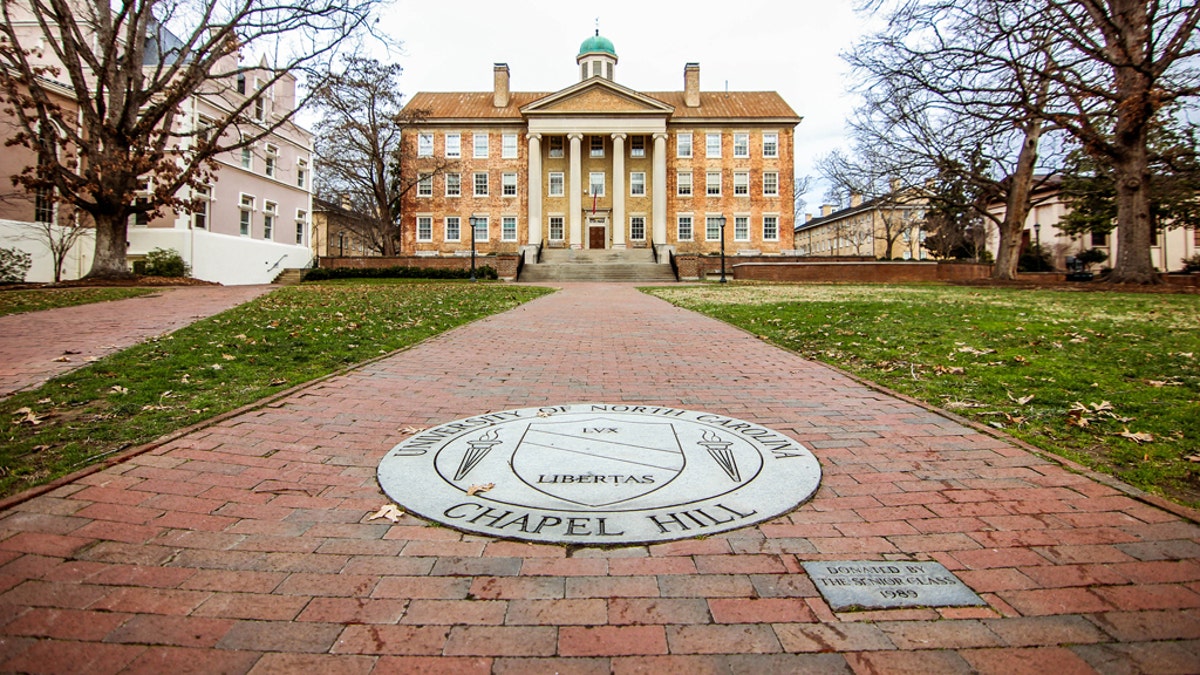
South Building on the campus of UNC-Chapel Hill. (iStock)
The college business model has long entailed selling access to the privileged and connected. A couple years ago, the FBI’s "Varsity Blues" investigation led to revelations that the University of Southern California, like many other colleges, secretly maintains extensive spreadsheets documenting how prospective students’ families had "given 2 million already" or "previously donated $25k to Heritage Hall."
Indeed, college leaders have been all too happy to sell seats even as they self-righteously lecture Americans about inequality. It’s time for this hypocrisy to end.
CLICK HERE TO GET THE FOX NEWS APP
Colleges should erect a firewall between giving and admissions, policymakers should enact laws requiring public institutions to do so, and activists should keep a gimlet eye out for violations.
We should demand fairness in who gets admitted to college. Students apply as individuals and deserve to be judged accordingly. That means not favoring students based on race, yes—nor on the basis of connections or family wealth.
